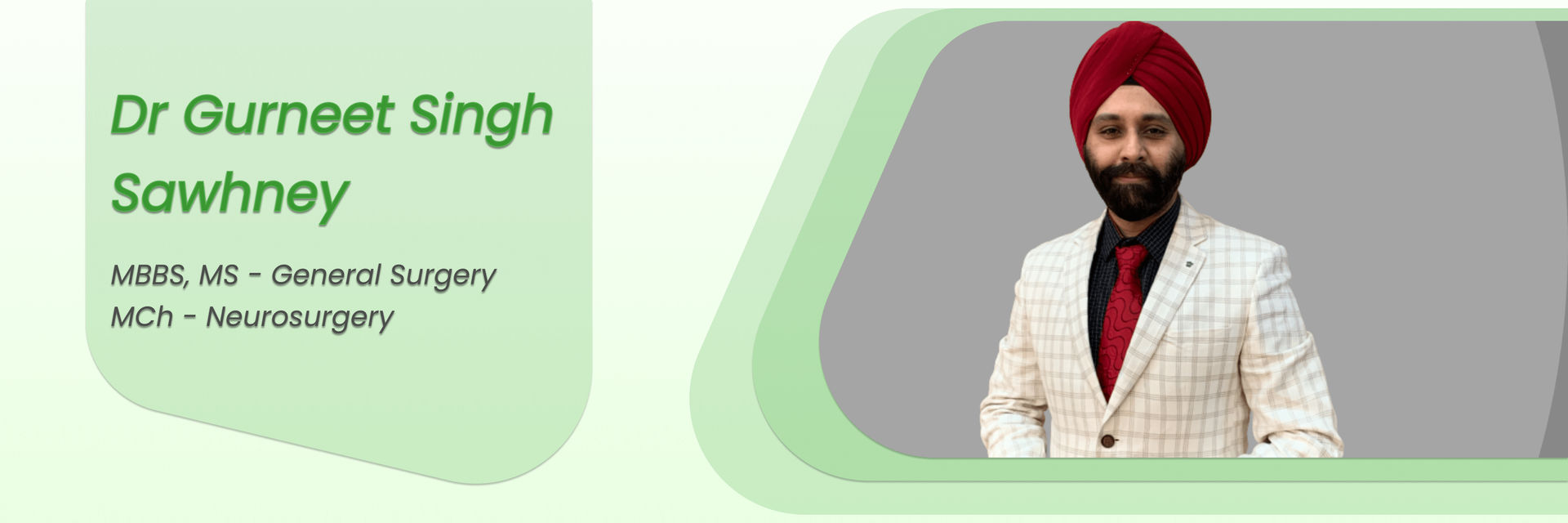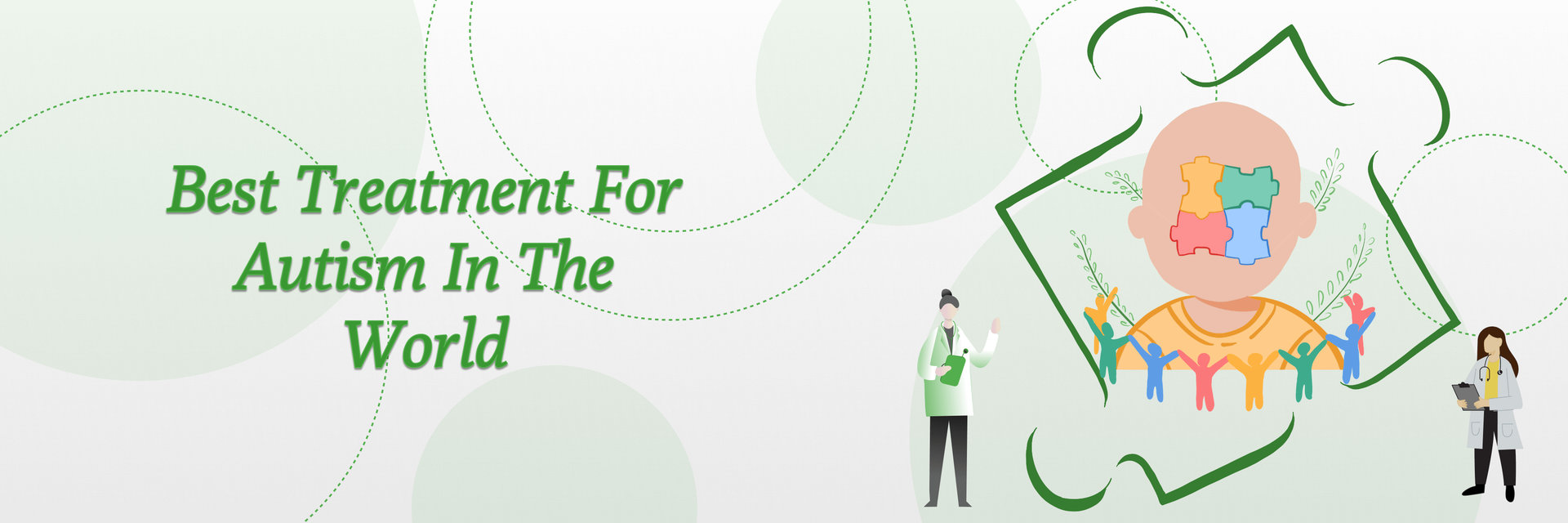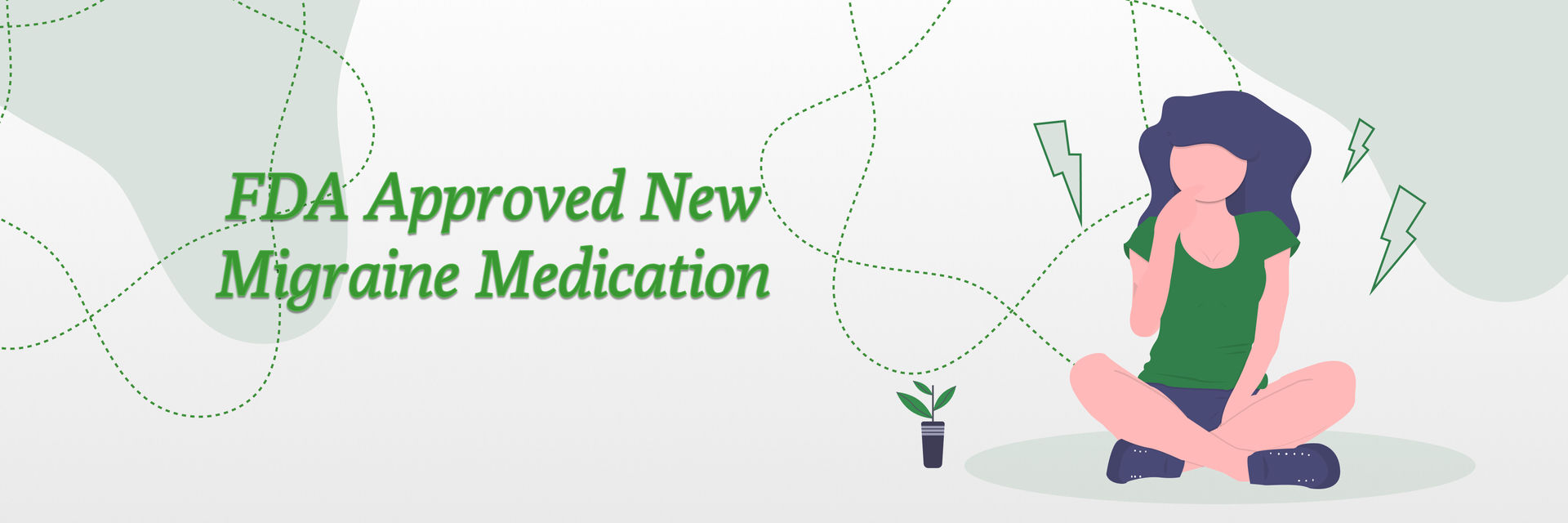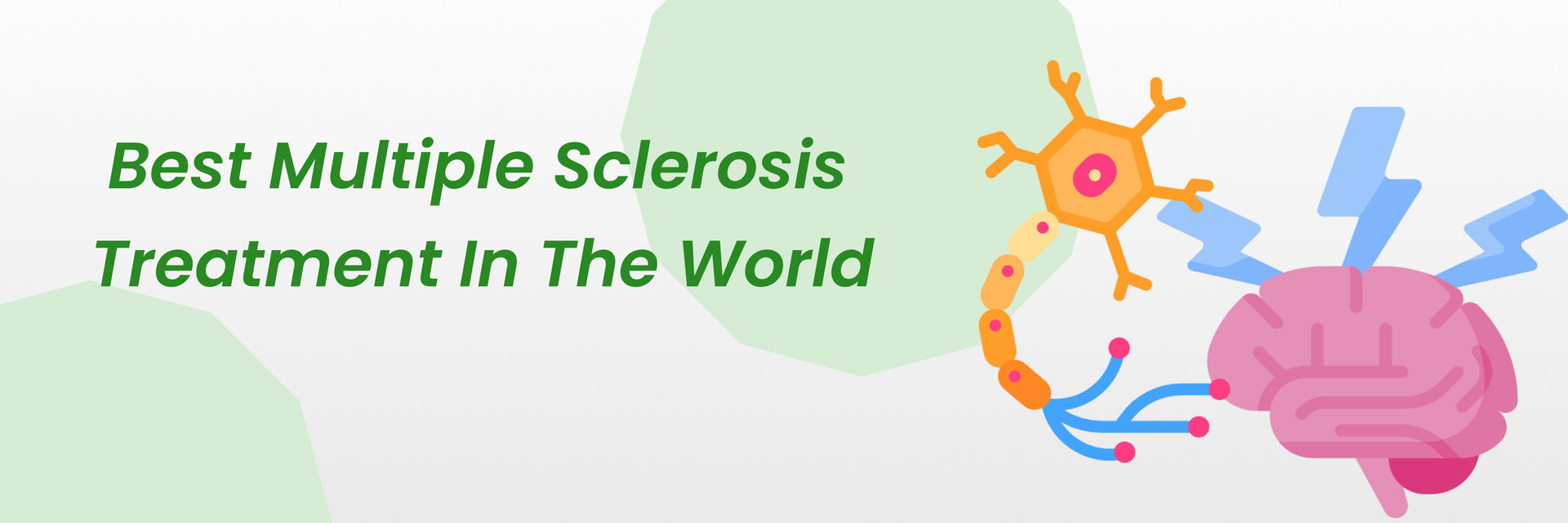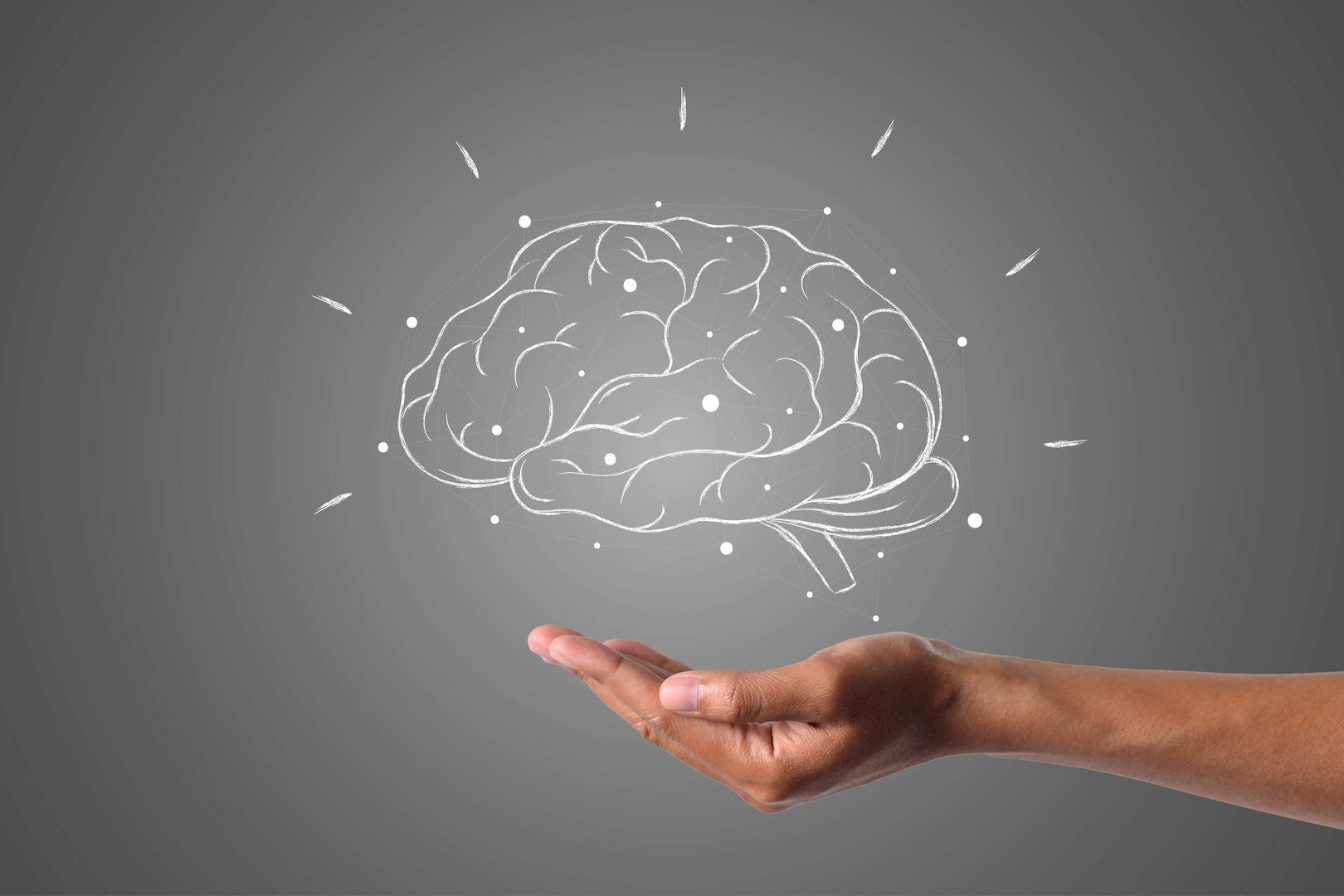Overview
In India, head injuries are a significant public health concern. According to recent statistics, approximately 1.5 million people suffer from head injuries annually, with traffic accidents being a leading cause. Among these cases, a notable percentage experience seizures as a consequence of the trauma. Seizures can be classified into two categories: epileptic and non-epileptic. This article focuses on non-epileptic seizures after head injury, providing insights into triggers, duration, prevention, and management.
You might be wondering, what exactly are non-epileptic seizures? Let's read ahead.
What Are Non-Epileptic Seizures?
Non-epileptic seizures (NES) are episodes that resemble epileptic seizures but do not involve abnormal electrical activity in the brain. These seizures can manifest in various forms, including convulsions, altered consciousness, or other sensory disturbances. NES accounts for approximately 20% of patients referred to epilepsy centers.
Head injuries, particularly traumatic brain injuries (TBI), can lead to the development of NES. Up to 50% of individuals with moderate to severe head injuries may develop NES within the first year. This high incidence highlights the need for early diagnosis and appropriate treatment.
Dr. Gurneet Sawhney, renowned neuro and spine surgeon in Mumbai, emphasizes that recognizing and addressing non-epileptic seizures early, especially following a head injury, is essential. It enables us to provide the right care and support, ultimately enhancing the patient's recovery and quality of life.
Types of Non-Epileptic Seizures
Let's break it down into two main types to make it easier to understand.
- Psychogenic Non-Epileptic Seizures (PNES)
- Physiologic Non-Epileptic Seizures
If you or someone you know experiences seizures, get in touch with us for an accurate diagnosis from a neurologist and appropriate treatment.
What Can Trigger a Non-Epileptic Seizure?
Non-epileptic seizures (NES) can be triggered by various factors, particularly after a head injury. Some common triggers include:
- Psychological stress: Emotional trauma and stress can lead to NES, especially in individuals with a history of anxiety or depression.
- Physical trauma: The injury itself can act as a trigger, particularly if it results in significant pain or discomfort.
- Sleep deprivation: Lack of sleep can increase the likelihood of experiencing NES.
- Alcohol and substance abuse: Consumption of alcohol or drugs can exacerbate the risk of seizures.
- Flashbacks or memories of the trauma: Reliving the incident mentally can act as a trigger.
These triggers highlight the importance of holistic care post-injury, addressing both physical and psychological aspects to prevent non-epileptic seizure warning signs.
Symptoms and Diagnosis
Common Symptoms
- Non-epileptic seizures (NES) can look like epileptic seizures.
- They involve various physical, emotional, and cognitive symptoms.
- Recognizing these symptoms is crucial for proper diagnosis and treatment.
Physical Symptoms
- Shaking or convulsions
- Muscle spasms
- Changes in breathing patterns
- Sudden falls or fainting
- Unresponsiveness or staring spells
Emotional and Cognitive Symptoms
- Feelings of anxiety or panic
- Sudden emotional outbursts
- Confusion or disorientation
- Memory lapses
- Feelings of detachment or unreality
Diagnostic Methods
- Clinical evaluation involves a detailed medical history and physical examination.
- Doctors assess symptoms, triggers, and frequency of episodes.
- Psychological evaluation helps identify underlying emotional factors.
EEG and Neuroimaging
Ever heard of tests that check your brain's activity?
- Electroencephalogram (EEG) records brain activity to differentiate between epileptic and non-epileptic seizures.
- Neuroimaging techniques like MRI or CT scans help rule out structural brain issues.
Differentiating from Epileptic Seizures
- NES do not show abnormal electrical activity on an EEG.
- They often have a psychological trigger.
- The patient's response to treatment can also help differentiate between NES and epilepsy.
Treatment Options
Medical Management
- Treatment focuses on addressing the underlying causes.
- It's a combination of medical, psychological, and lifestyle approaches.
Medication
- Medication isn't always the first choice for NES.
- When used, it's typically to address underlying conditions like anxiety or depression.
- Common medications include antidepressants or anti-anxiety drugs.
Cognitive Behavioral Therapy (CBT)
- Cognitive Behavioral Therapy (CBT) is highly effective.
- It helps patients identify and change negative thought patterns.
- CBT can reduce the frequency and severity of seizures.
- Regular sessions with a trained therapist are recommended.
Psychological Support
- Counseling and support groups provide additional help.
- Individual counseling addresses personal issues and stressors.
- Support groups offer a community of individuals with similar experiences.
Lifestyle Adjustments
- Making lifestyle adjustments can significantly improve symptoms.
- Here are some tips:
Stress Management Techniques
- Practice relaxation techniques like deep breathing or meditation.
- Engage in regular physical activity.
- Ensure adequate sleep and rest.
Healthy Living Tips
- Maintain a balanced diet rich in nutrients.
- Stay hydrated.
- Avoid excessive caffeine and alcohol.
- Establish a regular daily routine.
How Long Can Non-Epileptic Seizures Last?
The duration of NES can vary significantly from person to person. Typically, they can last from a few seconds to several minutes. In some cases, seizures can persist for longer durations, especially if the underlying psychological or physical stressors are not managed effectively. It is essential to recognize that NES can often appear similar to epileptic seizures, making it crucial to seek medical evaluation to determine the exact nature of the episodes.
What Kind of Seizures Are Caused by Head Trauma?
Head trauma can lead to both epileptic and non-epileptic seizures. The kind of seizures caused by head trauma depends on the severity and location of the injury. Some common types include:
- Immediate post-traumatic seizures: These occur within the first week after the injury and can be either epileptic or non-epileptic.
- Early post-traumatic seizures: Occurring within the first month, these are more likely to be epileptic.
- Late post-traumatic seizures: These occur beyond the first month and are predominantly epileptic.
Non-epileptic seizures after head injury can manifest similarly to epileptic ones, but they do not involve abnormal electrical activity in the brain. Recognizing the differences is crucial for appropriate treatment.
How Do You Prevent Seizures After a Head Injury?
Preventing seizures after a head injury involves several strategies:
- Medical evaluation: Immediate medical assessment post-injury can help identify risk factors for seizures.
- Medication management: Prescribing anti-seizure medications may be necessary in some cases.
- Stress reduction: Psychological support and therapy can help manage stress and prevent NES.
- Healthy lifestyle: Ensuring adequate sleep, avoiding alcohol and drugs, and maintaining a healthy diet can reduce the risk of seizures.
- Follow-up care: Regular follow-ups with healthcare providers to monitor progress and adjust treatment plans as necessary.
Preventive measures are essential in reducing the risk of non epileptic seizure warning signs and ensuring better outcomes for individuals post-head injury.
Living with Non-Epileptic Seizures
Coping Strategies
- Coping strategies are essential for living well with NES.
- Techniques include:
- Stress Reduction: Practice relaxation exercises, such as deep breathing, meditation, or yoga.
- Routine Maintenance: Stick to a regular schedule for meals, sleep, and activities.
- Self-Awareness: Recognize and avoid triggers whenever possible.
Impact on Daily Life
- NES can disrupt various aspects of daily life, including:
- Work and Education: Frequent seizures may affect attendance and performance.
- Social Interactions: Anxiety about having seizures can impact social life and relationships.
- Physical Health: Constant stress and seizures can lead to fatigue and other health issues.
Support Systems and Resources
- Support systems are crucial for managing NES. Resources include:
- Healthcare Providers: Regular consultations with doctors and therapists.
- Support Groups: Joining groups for emotional support and shared experiences.
- Educational Resources: Books, articles, and online forums to learn about NES.
- Family and Friends: Building a supportive network of loved ones who understand the condition.
If you are living with non-epileptic seizures, Contact us today! seek support and resources to help manage the condition and improve your quality of life.
Conclusion
Non-epileptic seizures after head injury require proper diagnosis and a comprehensive treatment approach, including medical, psychological, and lifestyle interventions. Understanding the symptoms, causes, and available treatments can significantly improve the quality of life for those affected. Seek medical advice if you experience any symptoms or have concerns about seizures. Early diagnosis and intervention are key to effective management.
Disclaimer
Stem cell therapy offers promising hope for the treatment of many diseases, including neurological and autoimmune conditions. However, it is important to note that most of these treatments are currently under clinical trial and have yet to receive FDA approval. The success rates mentioned are based on ongoing clinical trials. This blog is for informational purposes, and we are not promoting stem cell therapy. Individuals should consult with qualified healthcare professionals to discuss potential risks and benefits.

